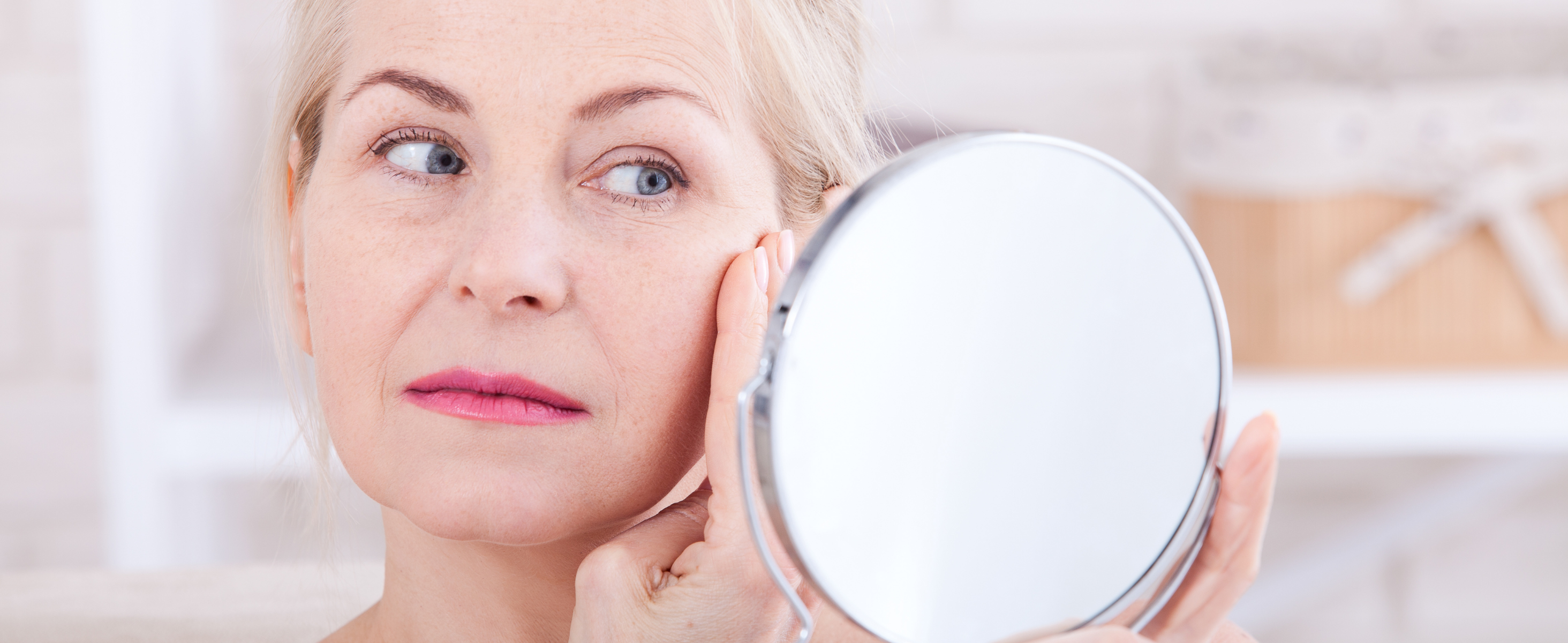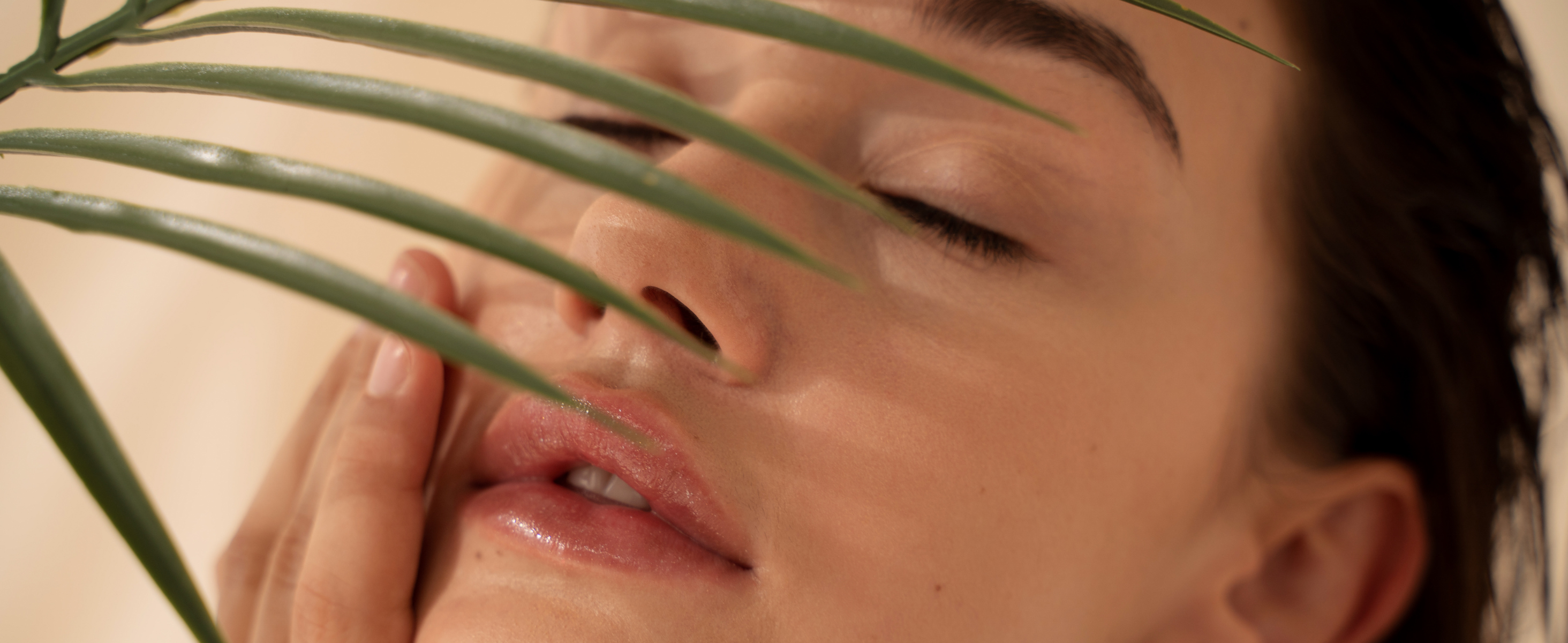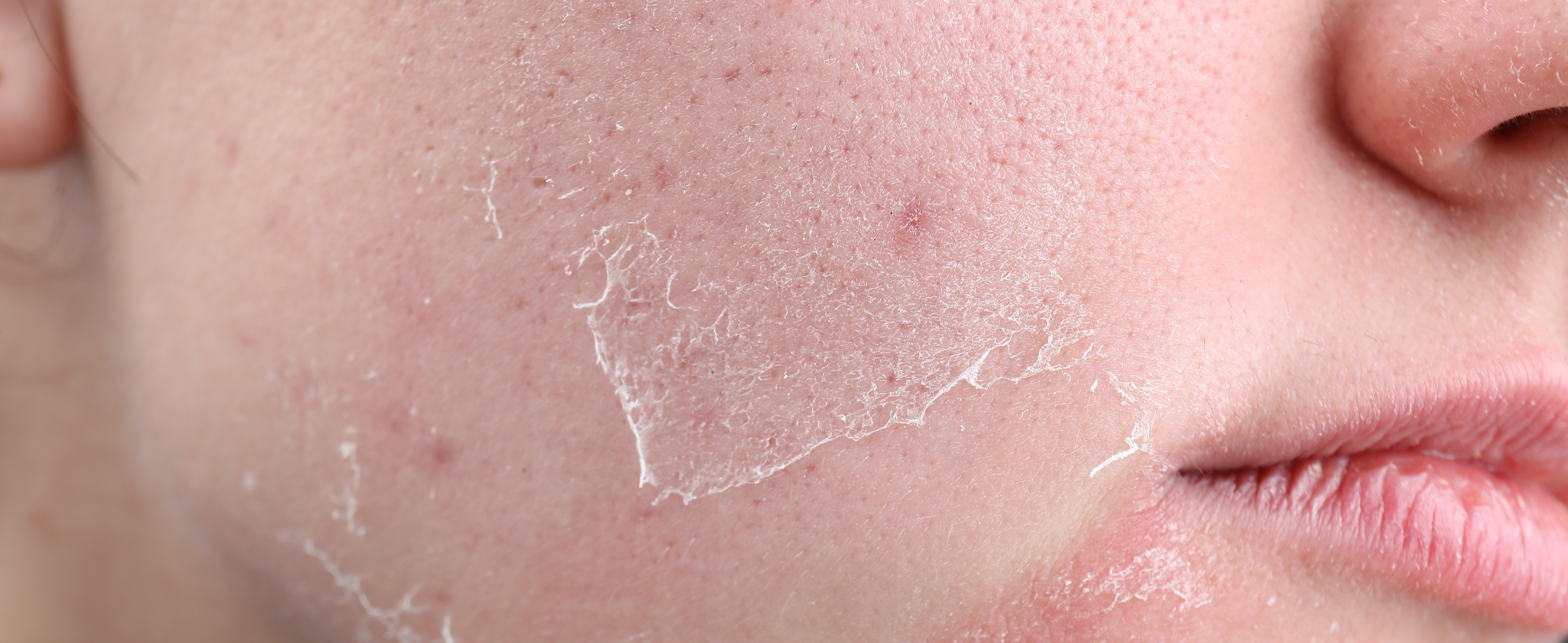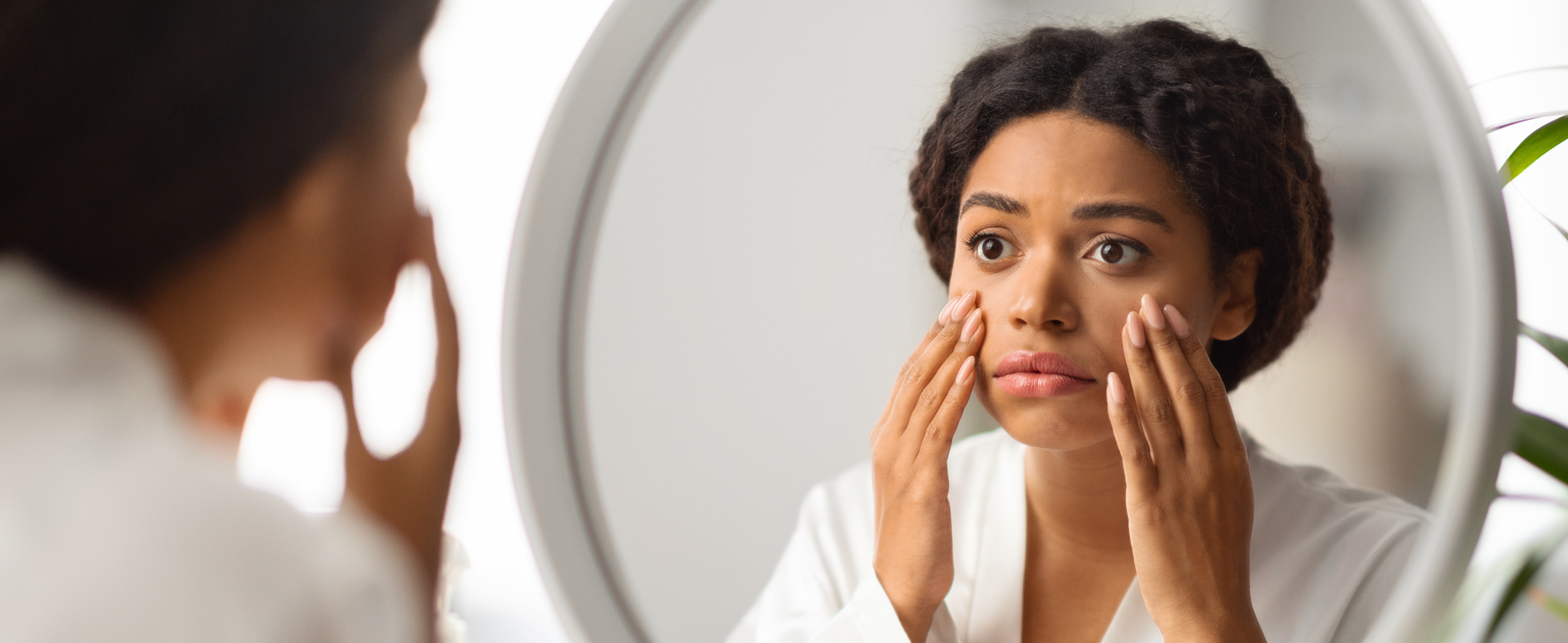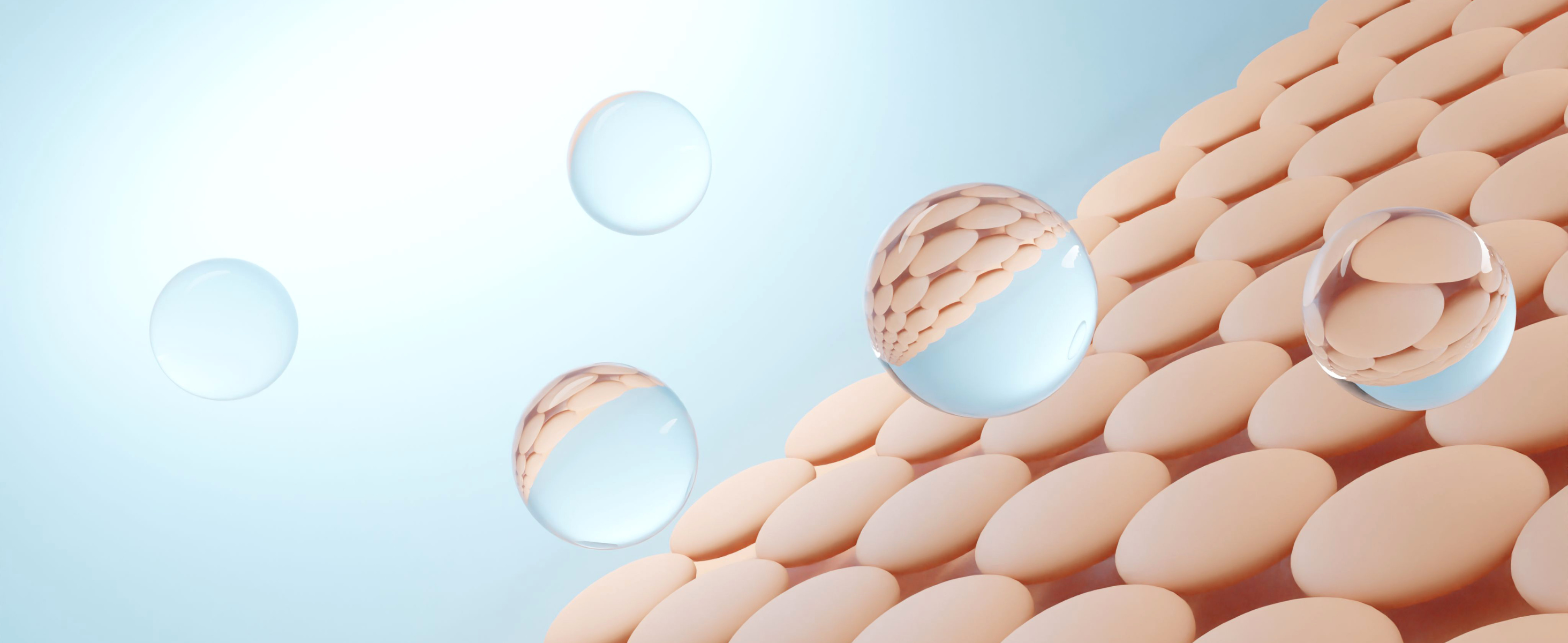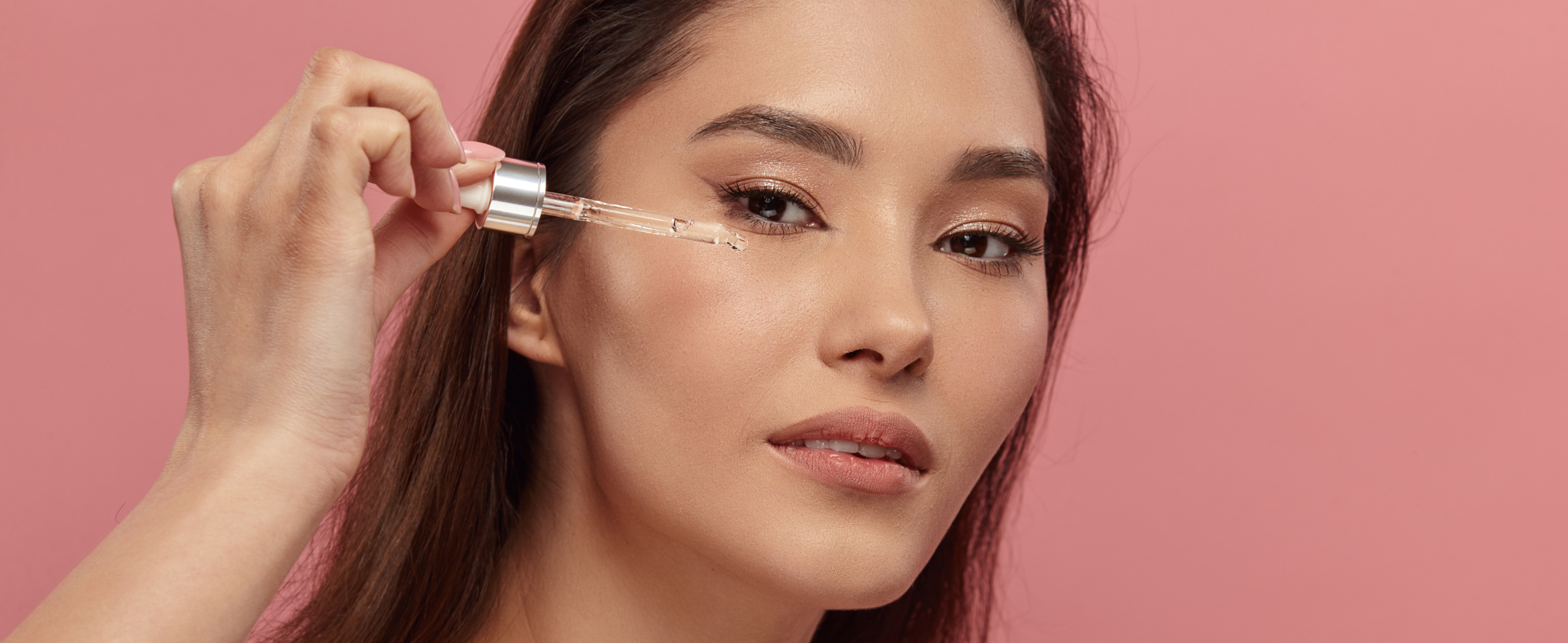Aging is a natural process, but did you know that stress and lack of sleep can speed it up? From fine lines and wrinkles to cognitive decline, chronic stress and sleep deprivation take a serious toll on both your skin and overall health. If you want to maintain youthful skin and a sharp mind, understanding how these factors contribute to premature aging is crucial. Let’s explore the science behind stress, sleep, and aging—plus effective strategies to counteract their effects.
The Link Between Stress and Aging
Stress is a natural response to challenges, but when it becomes chronic, it can wreak havoc on your body. The main culprit? Cortisol, also known as the “stress hormone.” While cortisol helps regulate metabolism and immune function, excessive levels can break down collagen and elastin—the essential proteins that keep skin firm and youthful.
How Stress Ages You Faster
-
Collagen Breakdown – High cortisol levels reduce collagen production, leading to fine lines, sagging skin, and wrinkles.
-
Inflammation & Free Radicals – Chronic stress triggers inflammation and increases oxidative stress, which accelerates cellular aging.
-
Weakened Skin Barrier – Stress reduces the skin’s ability to retain moisture, making it dull, dry, and more prone to irritation.
-
Increased Hair Thinning & Graying – Research suggests that prolonged stress can accelerate hair loss and premature graying.
The Effects of Sleep Deprivation on Aging
Your body undergoes crucial repair processes while you sleep, including skin cell regeneration. Poor sleep quality or inadequate sleep duration disrupts these functions, leading to premature aging.
How Lack of Sleep Contributes to Aging
-
Reduced Skin Elasticity – Sleep deprivation decreases collagen production, making skin more prone to sagging and wrinkles.
-
Under-Eye Dark Circles & Puffiness – Lack of rest causes fluid retention, resulting in swollen, tired-looking eyes.
-
Increased Cortisol Production – Sleep loss leads to higher stress hormone levels, which further degrades skin quality.
-
Weaker Immune System – Sleep is essential for immune function. Compromised immunity leads to slower skin repair and increased inflammation.
-
Brain Fog & Memory Decline – Chronic sleep deprivation is linked to cognitive decline and a higher risk of neurodegenerative diseases like Alzheimer’s.
How to Combat Stress & Sleep Deprivation-Induced Aging
While stress and poor sleep are common in today’s fast-paced world, there are practical ways to counteract their effects and promote healthy aging.
1. Prioritize Sleep Hygiene
- Stick to a consistent sleep schedule.
- Avoid screens at least 1 hour before bedtime.
- Create a calming bedtime routine with meditation or reading.
- Optimize your sleeping environment with a dark, cool room and comfortable bedding.
2. Manage Stress Effectively
- Practice deep breathing exercises and meditation.
- Engage in physical activity to reduce cortisol levels.
- Maintain a balanced diet rich in antioxidants to combat oxidative stress.
- Set healthy boundaries to reduce workload-related stress.
3. Nourish Your Skin & Body
- Use skincare with antioxidants (Vitamin C, E) to fight free radical damage.
- Keep your skin hydrated with hyaluronic acid and ceramide-based moisturizers.
- Increase intake of collagen-boosting foods like berries, leafy greens, and bone broth.
4. Consider Supplements for Skin & Sleep Health
- Melatonin – Supports better sleep quality.
- Adaptogens (Ashwagandha, Rhodiola) – Helps regulate stress responses.
- Omega-3 Fatty Acids – Reduces inflammation and promotes healthy skin.
Final Thoughts
Chronic stress and lack of sleep accelerate the aging process from the inside out. From fine lines and dull skin to cognitive decline, these factors can take years off your health and appearance. The good news? By prioritizing quality sleep, managing stress, and nourishing your body, you can slow down premature aging and maintain a youthful glow—inside and out. Start implementing these small but impactful changes today for a healthier, more radiant future! ✨


